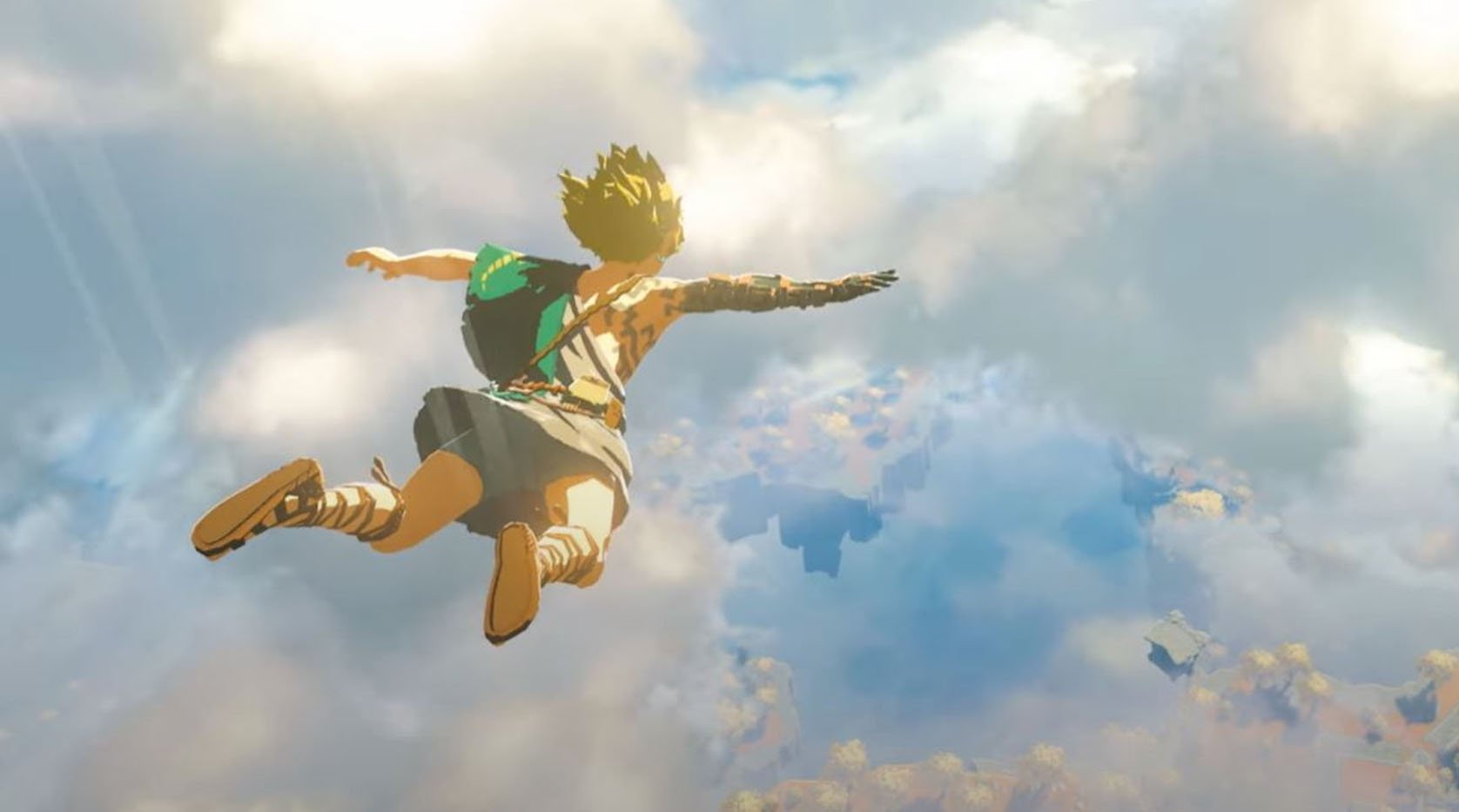| Shadow1980 said: If I've said it once I've said it a thousand times: Nintendo's decision to go with cartridges instead of CDs for the N64 was the single most impactful event in the console industry since the Crash of '83. It allowed PlayStation to get the lion's share of third-party support, leaving Nintendo with themselves and Rare, with some mid-level support from THQ, Acclaim, LucasArts, and EA to help shore things up. The big Japanese third parties either completely neglected the N64, or severely reduced support for Nintendo, leaving their biggest titles for the PS1. As a result, the Japanese market completely turned on Nintendo, who went from absolutely dominating the 8-bit & 16-bit eras to garnering only 18% market share in Gen 5. The European market, which finally started buying consoles en masse due to the collapse of the home computer market, chose PlayStation as their platform of choice over the N64, almost certainly due to the larger library of games. In the U.S., the N64 actually outpaced the PS1 at first, but the PS1's superior third-party support eventually came into play, the release of Final Fantasy VII being the tipping point that pushed the PS1 ahead of the N64. Had the N64 been CD-based, the console market would have looked very differently after Gen 5. In my own personal experience, I was still all about Nintendo in the latter half of the 90s. The N64 was my go-to system, because their games were just that important to me. I spent countless hours playing games like Super Mario 64, Mario Kart 64, Star Fox 64, GoldenEye 007, and Perfect Dark. However, I did get a PS1 to play Final Fantasy VII, though I did end up buying a few other games for it as well. |
Exactly the same way for me too.
There is something interesting that I have been reading up on. Why 3rd party developers were so eager to jump to Sony, was partly because Sony was a Tokyo based company, whole Nintendo was Kyoto based. Believe it or not, it matters to them, even today to some extent. Of course that is not the entire reason why, but I think it was part of what made it easier.





















